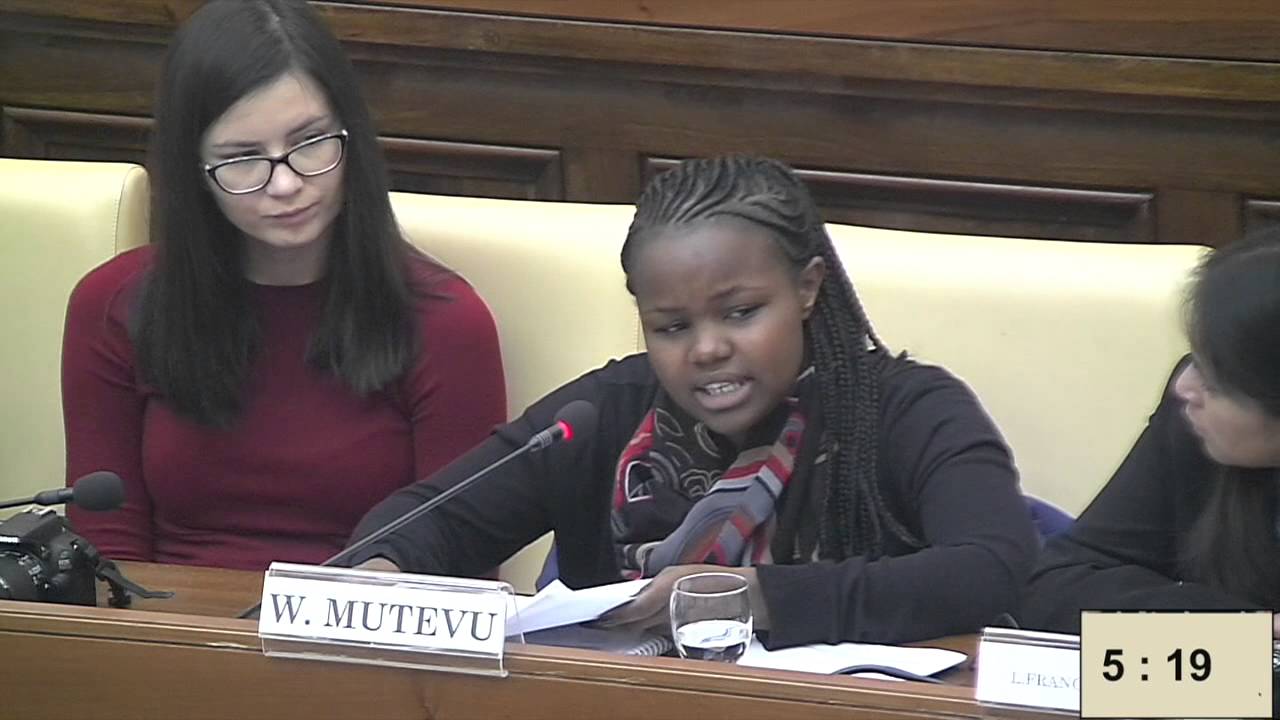
NGOCSTIP – Human Trafficking Institute Begins Work in Kenya to fight human trafficking. The Institute has partnered with local governments. This partnership aims to strengthen law enforcement capabilities across the country. Kenya faces significant challenges related to trafficking in persons. Traffickers exploit vulnerabilities in communities, often with impunity. The Institute’s model focuses on improving investigation and prosecution of traffickers. Efforts also include supporting victims and enhancing justice systems. This expansion marks an important step in the global anti-trafficking movement.
The Institute works closely with Kenyan law enforcement agencies. Training programs are being rolled out nationwide to improve skills. Officers learn how to identify and investigate trafficking cases effectively. Additionally, prosecutors receive support to handle complex trafficking trials. Legal frameworks are reviewed regularly to remove barriers to prosecution. These initiatives aim to increase successful convictions of traffickers. Moreover, community awareness campaigns complement enforcement efforts. The goal is to disrupt trafficking networks sustainably. Local partners also play a vital role in these efforts. Therefore, cooperation between agencies strengthens the overall fight against trafficking. Continuous collaboration ensures that strategies remain effective and adaptive.
“Read about: Non-Profit Organizations: Lifelines for Human Trafficking Victims”
Human Trafficking Institute Begins Work in Kenya with a strong focus on victim protection. The Institute recognizes that victims often face vulnerability after rescue. Strengthening Kenya’s social services provides essential care and support. Survivors receive psychological help to cope with trauma and legal assistance to understand their rights. Reintegration programs offer opportunities for victims to rebuild their lives and regain independence. The Institute collaborates closely with NGOs to create a comprehensive support system. It prioritizes ensuring that victims’ voices are heard during court proceedings. This active involvement empowers survivors and promotes justice. By focusing on these areas, the Institute aims to restore dignity and hope for those affected by trafficking. Victim-centered care remains a vital part of Kenya’s anti-trafficking efforts.
“Read more: Understanding Pulmonary Hypoplasia in Newborns: A Critical Lung Development Disorder”
Reliable data is crucial to tackling trafficking. The Institute is helping establish better data collection methods. Accurate information guides policy and operational decisions. Data-sharing between agencies improves coordination. Trends and hotspots are identified through analysis. This evidence-based approach supports more effective interventions. Transparency in reporting builds public trust. Ultimately, data-driven strategies increase the chances of dismantling trafficking rings.
The Human Trafficking Institute actively engages multiple stakeholders. Partnerships include government, civil society, and international organizations. Moreover, collaboration fosters resource sharing and avoids duplication of efforts. Kenya’s commitment to combating trafficking strengthens through these alliances. In addition, public-private partnerships help fund critical programs. These broad coalitions prove essential for long-term success. Furthermore, they ensure all voices are represented in anti-trafficking work. Therefore, united efforts enhance the overall impact of the Institute’s mission. Meanwhile, ongoing communication improves coordination among partners. Consequently, strategies become more effective and targeted. Through strong collaboration, Kenya improves its ability to fight trafficking effectively. Besides, increased awareness campaigns raise public understanding. Ultimately, these combined actions lead to meaningful change. In fact, the Institute’s work inspires other countries to follow suit. Additionally, data sharing helps identify trafficking trends quickly. Overall, integrated efforts accelerate progress toward ending human trafficking.
The launch of operations in Kenya signals broader ambitions. The Institute plans to expand its model to other regions. Continuous evaluation will improve program effectiveness. Lessons learned in Kenya will inform global strategies. Meanwhile, ongoing community engagement remains a priority. The fight against trafficking requires sustained effort. Moreover, Kenya’s example may inspire other countries to adopt similar approaches. Therefore, collective action offers the best chance to end human trafficking worldwide. Additionally, sharing success stories boosts motivation globally. Furthermore, adapting strategies based on feedback ensures relevance. In fact, this approach promotes innovation and resilience. As a result, the Institute’s influence continues to grow steadily. Ultimately, the vision of a trafficking-free world drives these efforts forward.